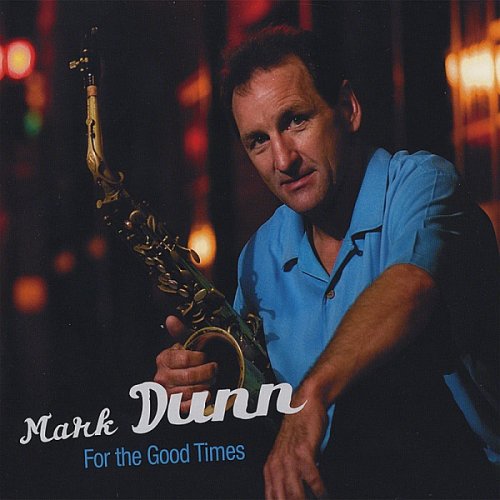Kyle Bruckmann - Of Rivers (2024)

Artist: Kyle Bruckmann
Title: Of Rivers
Year Of Release: 2024
Label: New Focus Recordings
Genre: Classical, Electroacoustic, Jazz
Quality: FLAC (tracks+booklet)
Total Time: 58:47 min
Total Size: 285 MB
WebSite: Album Preview
Tracklist:Title: Of Rivers
Year Of Release: 2024
Label: New Focus Recordings
Genre: Classical, Electroacoustic, Jazz
Quality: FLAC (tracks+booklet)
Total Time: 58:47 min
Total Size: 285 MB
WebSite: Album Preview
01. AT(ou)M
02. Dis/inte/gration
03. Arachne
04. Drop
05. Proximity, Affect
06. The Mutiny of Rivers
Oboist Kyle Bruckmann, founding member of the wind quintet Splinter Reeds, releases of rivers, a collection of vanguard music for the instrument that highlights its integration with electronics, improvisational practices, extended techniques, and microtonality. The album features music by Jessie Cox, Hannah A. Barnes, Helen Grime, Linda Bouchard, Christopher Burns, and Bruckmann himself.
Kyle Bruckmann’s of rivers confronts the many expressive faces of the oboe and English horn head on. An instrument capable of sublime beauty alongside penetrating power, its contemporary repertoire as a solo voice has perhaps not yet eclipsed its prized role as the dark horse of the orchestral wind section. Bruckmann’s collection of newly commissioned acoustic and electro-acoustic works posits a way forward for those invested in the uncompromising avant-garde future for the instrument while carving out an individual artistic statement. In works by Jessie Cox, Hannah A. Barnes, Helen Grime, Linda Bouchard, Christopher Burns, and Bruckmann himself, we hear the clarion song of the oboe through dense, complex material that inhabits the vanguard of current compositional and performance practice.
Jessie Cox’s AT[ou]M functions like an introductory prelude to Bruckmann’s sonic journey; a quixotic soliloquy comprised of short phrases punctuated by brash multiphonics, pointillistic staccato utterances, and slowly bent sustained pitches. Throughout, the music returns to moments of poised silences, the meaning of the gesture preceding it echoing in the resonance left behind.
Hannah A. Barnes’ Dis/inte/gration employs a phase vocoder to interact with the live oboe part, creating “inherently unstable gestures in crisis and collapse.” The electronic element appears stealth-like at the piece’s one minute mark, modulating the oboe’s tone through subtle oscillation. The dialogue between processing and live part evolves, as the instrumental part becomes more frenetic and emphatic. Barnes’ oboe writing occasionally evokes the cathartic sheets of sound of John Coltrane’s late soprano sax improvisations, articulating harmonic information through rapid alternating trills, fierce multiphonics, and virtuosic passagework.
Helen Grime’s Arachne is a wordless setting of the myth of the weaving challenge between the goddess Minerva and Arachne, a mortal but master weaver. The short work narrates the plot of the interaction through contrasting material, first depicting Arachne’s over confidence, then the contest that leads to violence, and finally Arachne’s transformation into a spider. Grime’s visually evocative writing is energized, driving up to a repeated arrival note in the oboe’s highest register, before a flittering coda captures the furtive movements of the wily insect.
Linda Bouchard has a series of thirteen works that explore the nature and properties of water and the relationship humans have with the precious resource. DROP is written in graphic notation with images that are derived from analysis of various water sounds. Bruckmann brings his own improvisatory language to the interpretation of Bouchard’s score, interacting with the evocative electronics in complementary ways, imitating the non-pitched sounds. Bruckmann’s range of vocabulary of sounds in this performance is remarkable, imitating the cracking of ice, the whistle of steam, and pressurized water forcing its way through pipes alongside beguiling microtonal melodies worthy of snake charming rituals.
Bruckmann’s Proximity, affect is a piece born from circumstance, specifically the restrictive musical situations that arose in the deepest months of the Covid lockdown. Invited by UC Berkeley’s CNMAT department to do a livestream in November 2020, Bruckmann constructed a piece that involved close-micing sounds made on deconstructed parts of the oboe, creating a sonic landscape reminiscent of an orchestra of early dial-up modems. For a piece conceived from imposed limitation, Proximity, affect transcends a compressed expressive range and traverses an impressive structural journey.
The final work on the album is by Christopher Burns, and features EKG – a duo with Bruckmann with his collaborator Ernst Karel on electronics. The Mutiny of Rivers reflects Burns’ interest in finding a middle ground between Burns’ preference for digital audio with EKG’s affinity for analog electronics, as well as a Luigi Nono influenced approach to improvisation with a wealth of given material, both in the instrumental and electronic parts. Despite the variability inherent in any realization of Burns’ score, the performance has a discrete sense of structure, navigating in and out of soloistic moments for the English horn, interactive halls of sonic mirrors with electronics, and dystopian electronics-alone environments. Achieving an identity for a work that is organized in variable, quasi-improvised sections is a challenge, but one that Burns and EKG have embraced and overcome handily.
With of rivers, Kyle Bruckmann has achieved something rare and prized in contemporary instrumental recordings. We hear Bruckmann’s voice as a composer, improviser, curator, and interpreter speak powerfully throughout the collection. In most other contemporary music genres, the “sound” of the artist and the album are paramount, while in contemporary concert music, we applaud the contribution a performer makes when releasing an album of varied pieces that can enter the repertoire, even if their artistic personality takes a secondary role. But when both missions are served at the same time, it is a special album indeed. of rivers is such a recording, an impeccable document of these compelling works, a landmark recording for the oboe/English horn repertoire, and a powerful artistic statement from a versatile artist who has cultivated a collection of pieces that strike an ideal balance between aesthetic focus and engaging variety.
– Dan Lippel
Kyle Bruckmann’s of rivers confronts the many expressive faces of the oboe and English horn head on. An instrument capable of sublime beauty alongside penetrating power, its contemporary repertoire as a solo voice has perhaps not yet eclipsed its prized role as the dark horse of the orchestral wind section. Bruckmann’s collection of newly commissioned acoustic and electro-acoustic works posits a way forward for those invested in the uncompromising avant-garde future for the instrument while carving out an individual artistic statement. In works by Jessie Cox, Hannah A. Barnes, Helen Grime, Linda Bouchard, Christopher Burns, and Bruckmann himself, we hear the clarion song of the oboe through dense, complex material that inhabits the vanguard of current compositional and performance practice.
Jessie Cox’s AT[ou]M functions like an introductory prelude to Bruckmann’s sonic journey; a quixotic soliloquy comprised of short phrases punctuated by brash multiphonics, pointillistic staccato utterances, and slowly bent sustained pitches. Throughout, the music returns to moments of poised silences, the meaning of the gesture preceding it echoing in the resonance left behind.
Hannah A. Barnes’ Dis/inte/gration employs a phase vocoder to interact with the live oboe part, creating “inherently unstable gestures in crisis and collapse.” The electronic element appears stealth-like at the piece’s one minute mark, modulating the oboe’s tone through subtle oscillation. The dialogue between processing and live part evolves, as the instrumental part becomes more frenetic and emphatic. Barnes’ oboe writing occasionally evokes the cathartic sheets of sound of John Coltrane’s late soprano sax improvisations, articulating harmonic information through rapid alternating trills, fierce multiphonics, and virtuosic passagework.
Helen Grime’s Arachne is a wordless setting of the myth of the weaving challenge between the goddess Minerva and Arachne, a mortal but master weaver. The short work narrates the plot of the interaction through contrasting material, first depicting Arachne’s over confidence, then the contest that leads to violence, and finally Arachne’s transformation into a spider. Grime’s visually evocative writing is energized, driving up to a repeated arrival note in the oboe’s highest register, before a flittering coda captures the furtive movements of the wily insect.
Linda Bouchard has a series of thirteen works that explore the nature and properties of water and the relationship humans have with the precious resource. DROP is written in graphic notation with images that are derived from analysis of various water sounds. Bruckmann brings his own improvisatory language to the interpretation of Bouchard’s score, interacting with the evocative electronics in complementary ways, imitating the non-pitched sounds. Bruckmann’s range of vocabulary of sounds in this performance is remarkable, imitating the cracking of ice, the whistle of steam, and pressurized water forcing its way through pipes alongside beguiling microtonal melodies worthy of snake charming rituals.
Bruckmann’s Proximity, affect is a piece born from circumstance, specifically the restrictive musical situations that arose in the deepest months of the Covid lockdown. Invited by UC Berkeley’s CNMAT department to do a livestream in November 2020, Bruckmann constructed a piece that involved close-micing sounds made on deconstructed parts of the oboe, creating a sonic landscape reminiscent of an orchestra of early dial-up modems. For a piece conceived from imposed limitation, Proximity, affect transcends a compressed expressive range and traverses an impressive structural journey.
The final work on the album is by Christopher Burns, and features EKG – a duo with Bruckmann with his collaborator Ernst Karel on electronics. The Mutiny of Rivers reflects Burns’ interest in finding a middle ground between Burns’ preference for digital audio with EKG’s affinity for analog electronics, as well as a Luigi Nono influenced approach to improvisation with a wealth of given material, both in the instrumental and electronic parts. Despite the variability inherent in any realization of Burns’ score, the performance has a discrete sense of structure, navigating in and out of soloistic moments for the English horn, interactive halls of sonic mirrors with electronics, and dystopian electronics-alone environments. Achieving an identity for a work that is organized in variable, quasi-improvised sections is a challenge, but one that Burns and EKG have embraced and overcome handily.
With of rivers, Kyle Bruckmann has achieved something rare and prized in contemporary instrumental recordings. We hear Bruckmann’s voice as a composer, improviser, curator, and interpreter speak powerfully throughout the collection. In most other contemporary music genres, the “sound” of the artist and the album are paramount, while in contemporary concert music, we applaud the contribution a performer makes when releasing an album of varied pieces that can enter the repertoire, even if their artistic personality takes a secondary role. But when both missions are served at the same time, it is a special album indeed. of rivers is such a recording, an impeccable document of these compelling works, a landmark recording for the oboe/English horn repertoire, and a powerful artistic statement from a versatile artist who has cultivated a collection of pieces that strike an ideal balance between aesthetic focus and engaging variety.
– Dan Lippel
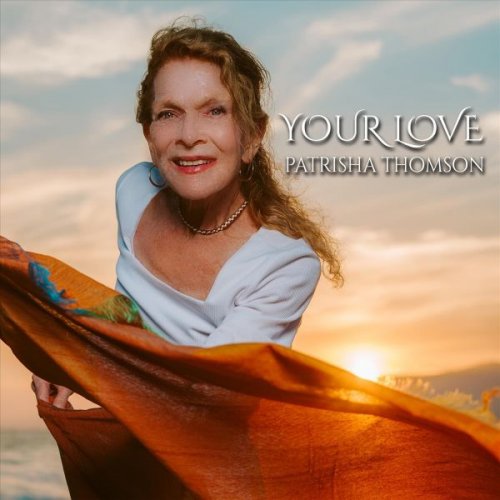
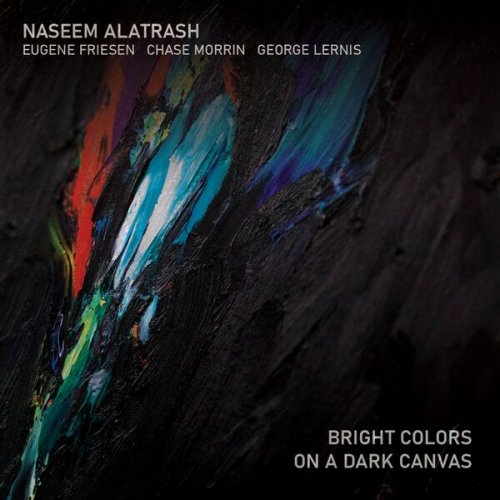

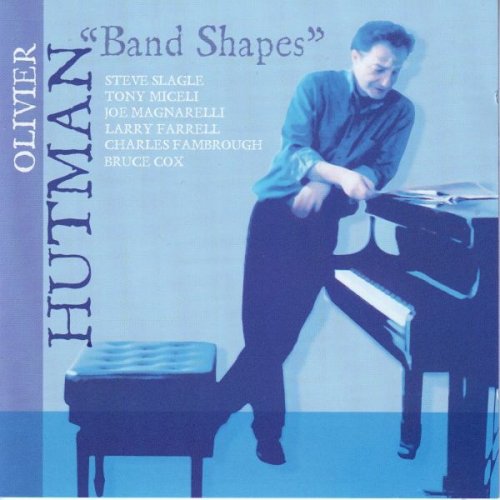
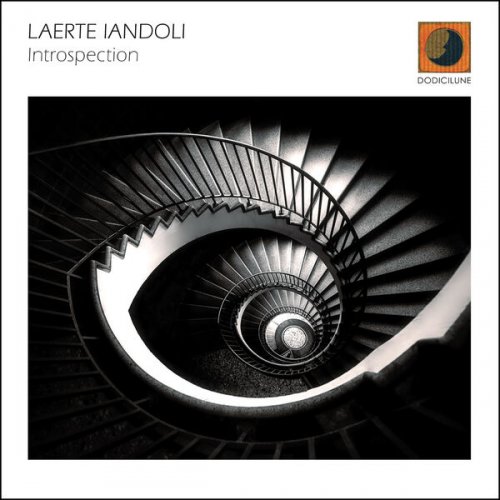
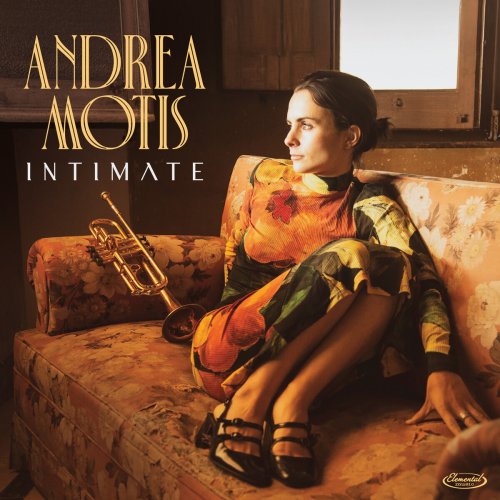
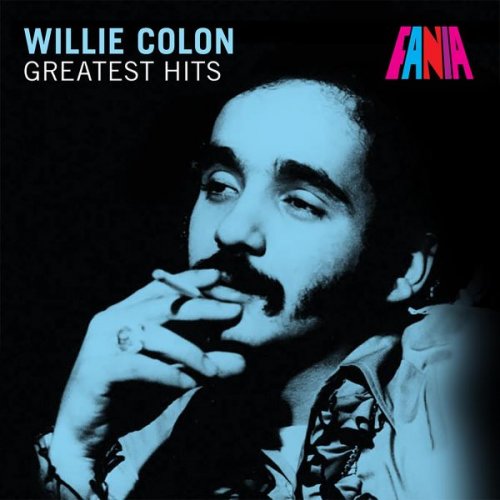
![Mehmet Ali Sanlikol - The Electric Oud Man Speaks and You Listen... (2026) [Hi-Res] Mehmet Ali Sanlikol - The Electric Oud Man Speaks and You Listen... (2026) [Hi-Res]](https://img.israbox.com/img/2026-02/28/0areq907i6p8nj96306jai1a0.jpg)
